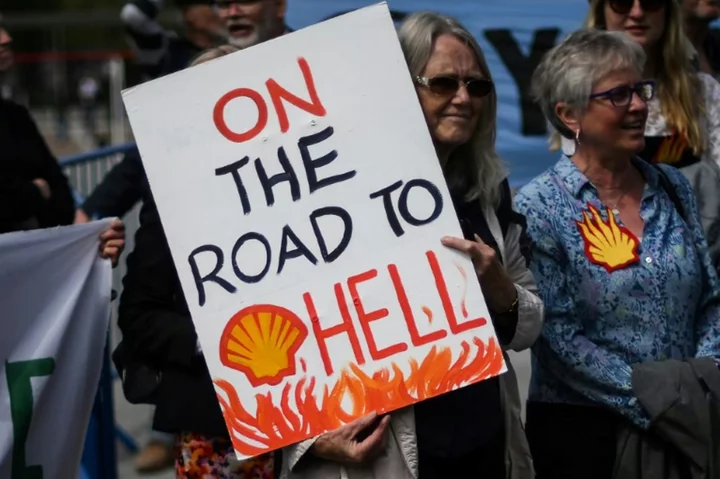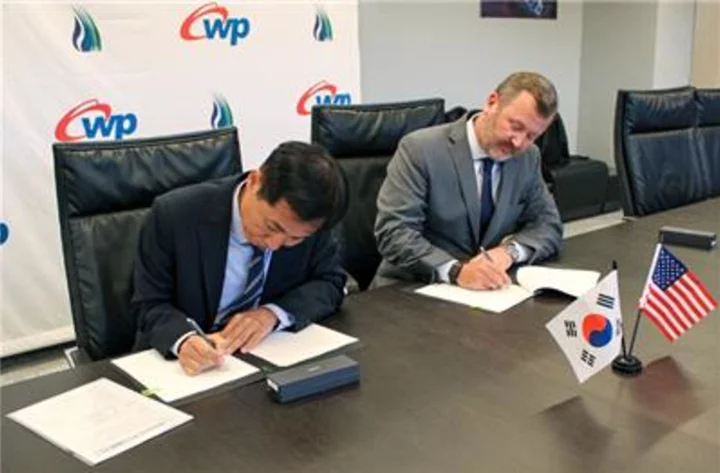By Timothy Gardner and Jarrett Renshaw
WASHINGTON A bill to boost power transmission between U.S. regions is being considered as part of talks between White House and congressional Republicans to raise the debt ceiling, two sources with knowledge of the talks said.
The measure from Senator John Hickenlooper and Representative Scott Peters, both Democrats, requires U.S. regions to have the capacity to transfer at least 30% of their peak electricity demand between each other.
The measure could be paired with slight changes to the bedrock U.S. environmental law, the National Environmental Policy Act, or NEPA, according to the sources, which include one in the Senate and one at the White House.
NEPA governs environmental reviews of projects such as roads and pipelines, but has been decried by Republicans for adding years to the timeline for approving works. The potential deal was first reported by the Washington Post.
"Nothing is finalized," said one of the sources who cautioned that talks on raising the government's $31.4 trillion debt ceiling were fluid. The Treasury Department has warned that it may be unable to cover all its obligations as soon as June 1.
The bill allows U.S. regions to meet the 30% transmission requirement through several routes: building new transmission lines, upgrading existing ones, investing in energy efficiency to reduce peak demand, or building new power generation to free up abilities to move power.
Analysts have said much of the billions of dollars in tax credits for renewable energy such as wind and solar power in the Inflation Reduction Act that President Joe Biden signed last year will go to waste unless the country's system of power transmission lines is boosted with permitting legislation.
Transmission line projects can take years to permit because they need a host of federal and state approvals.
Hickenlooper met with Representative Garret Graves, the Republican debt ceiling negotiator, about the measure several weeks ago, said a Senate aide who declined to be named, a meeting that likely helped it to feature in the late stages of the debt limit talks.
(Reporting by Timothy Gardner, editing by Deepa Babington)









